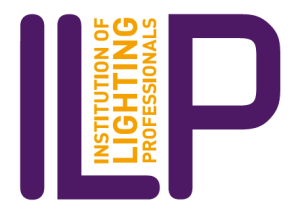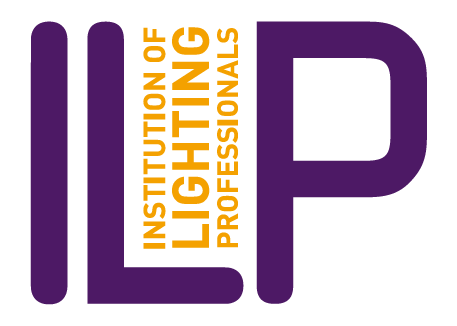LightingEurope has published a position paper on artificial light at night (ALAN).
The paper has emphasised the importance of artificial light at night to health and wellbeing and our night economies, yet that many legacy outdoor lighting systems are outdated and lacking in energy efficiency and ecological considerations.
Investment is therefore needed to modernise these systems, focusing on energy-efficient solutions that meet local environmental requirements, it said.
It also highlighted regulatory gaps in the European Union, with regulations on ALAN currently inconsistent, with rules varying across countries, regions, and cities.
It therefore stated: “LightingEurope advocates for harmonized EU rules to drive innovation, sustainability, and high-quality jobs through public procurement.”
It emphasised its four key principles of lighting, namely that light should have a clear purpose, be directed only where needed, not be brighter than necessary, and be adapted or turned off when not required.
European policymakers, when setting requirements on outdoor lighting to mitigate adverse ALAN effects, should differentiate between product-specific and application-dependent parameters, it emphasised.
“Well-designed and high-quality lighting products are a prerequisite of any initiative to mitigate ALAN secondary effects,” it stated.
“Any requirements or guidelines for local authorities regarding ALAN should ensure that lighting has a clear purpose, is directed only where needed, is not brighter than necessary and is adapted or turned off when not required,” it added.
It also called for the introduction of a harmonised set of rules regarding light at night, aiming to replace fragmented national regulations, support the implementation of quality outdoor lighting, and address any potential adverse effects on the environment.
The full paper can be found at: https://www.lightingeurope.org/images/WG_VoL_-_ALAN_Position_Paper_–_20250709.pdf
Image: Pexels



